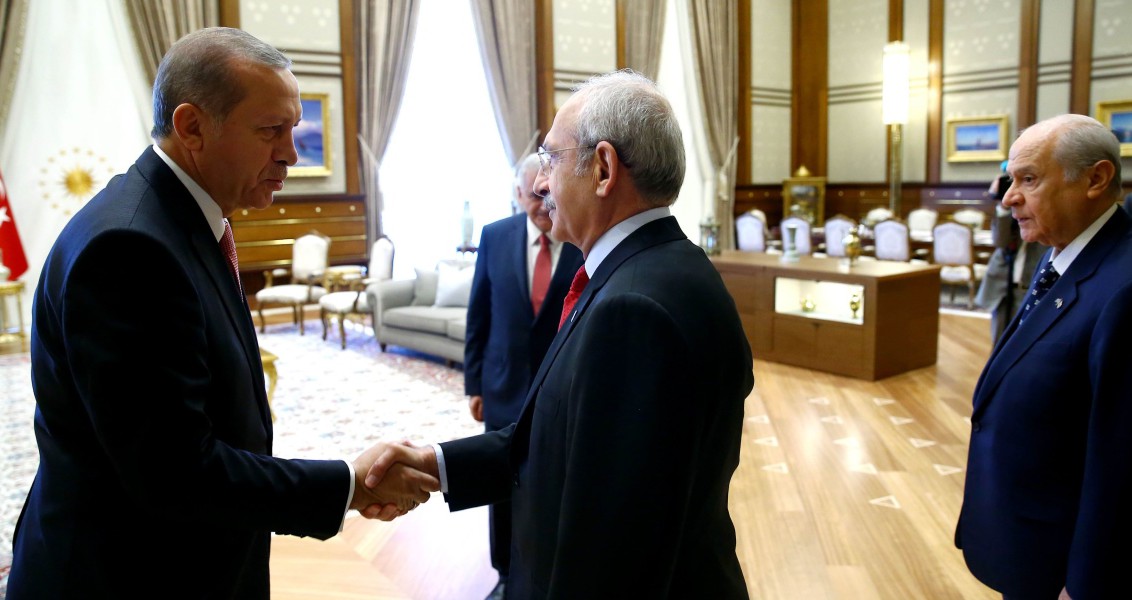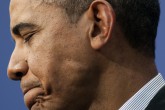Following the July 15 coup attempt, President Recep Tayyip Erdoğan brought up a political reconciliatory formula on behalf of the political body, saying, “We can no longer act as we did before July 15.” This politically reconciliatory atmosphere is expanding as Erdoğan spearheads the process and his opponents respond to his outstretched hand. The most recent examples of this are Erdoğan’s meeting with Turkish Bar Association head Metin Feyzioğlu at the Presidential Palace and the accompanying positive messages.
This new political maturity, which we do not want to lose in the current political polemics, is related to the realization of two irresistible facts. First, political players, including both those in the ruling party and the opposition, have realized their limits. We saw all kinds of political competitions and disputes before July 15. We experienced our conflicts in too a severe manner to be endured by an average democracy. However, on the night of July 15, we embarked on a journey of realistic self-questioning by asking the question of “what if the coup succeeded?” We understood what we could have lost and what we could no longer afford to lose. We lost respect, reconciliation, common sense and democratic maturity. More importantly, however, we harmed the sense of justice that is the basis of the state and living together. Second, for the first time in our history, a coup was prevented through the nation’s civil resistance. There is a new wave of democratization encompassing politics.
This new wave protected the country and democracy and gave an opportunity for politics to make a fresh start. The common feeling, which emerged on that heroic night as Turkey’s integrity and continuity faced danger, restored the polarization and resentments of the past three years. And further, the civil democratic resistance that suppressed the bloody coup attempt united politicians in patriotism and brought them into an atmosphere of constructive consultation and negotiation. The first concrete outcomes of this atmosphere are that the government cares about the opposition’s criticisms of emergency legislative decrees and that it has initiated studies on constitutional amendments on the judiciary.
The reconciliation between the parties has started with the judiciary, as the Gülenist Terror Group (FETÖ), which infiltrated state institutions, brought innumerable damages to Turkish democracy. However, the group brought the most dangerous one to the justice. Through its secret structuring in the police and judicial bureaucracy, it profoundly hurt the neutrality of state institutions and the sense of justice in terms of the functioning of the judiciary.
Since 2007, FETÖ gradually dragged the justice system into collapse by exploiting political fears and conflicts. It harmed the sense of confidence, which is the basis of living together, by resorting to all kinds of lies and plots including the Ergenekon case and the Dec. 17 and Dec. 25 operations.
The government-opposition relations experienced deep turbulence because of this loss of justice and confidence. Overcoming this turbulence is possible with the reconstruction of state institutions, as well as the founding of judicial impartiality and justice. A quest for a new understanding of justice, which covers the entirety of society, can bring a breath of fresh air to our state and democracy. The justice and the mutual sense of trust is the key to the effectiveness of institutions and living together.
The politicians must carefully maintain the current reconciliatory and cooperative atmosphere. It should not produce new fears while institutions are going through a reform process. Neither the ruling party nor the opposition can seize state institutions. The new democratic wave that started on July 15 is strong enough to foil all such desires. What crumpled a “successful” organization like FETÖ was the democratic and humane reaction to its unjust acts.
[Daily Sabah, September 1, 2016]



